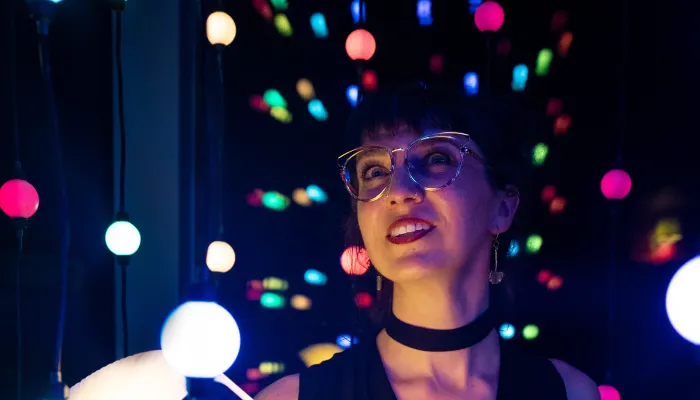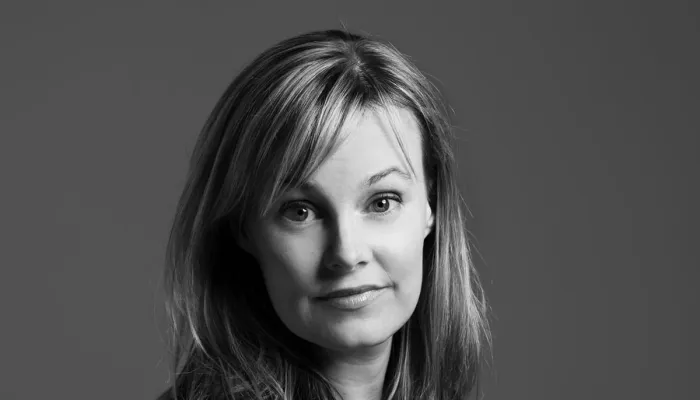Micheline Maylor
Biography
Dr. Micheline Maylor is a Poet Laureate Emerita of Calgary (2016-18). She was awarded the Queen’s Platinum Jubilee Award for literary contributions to Alberta in 2022. She is a Walrus talker, a TEDX talker, and she was the Calgary Public Library Author in Residence (2016). Her most recent book is The Bad Wife (U of A Press 2021) won the BPAA Robert Kroetsch Award for best book of Alberta poetry. She was short-listed for the Exile Robert Kroetsch award for experimental poetry. She won the Lois Hole Award for Editorial excellence for poetry in Alberta (2019). Micheline earned a Ph.D. at the University of Newcastle Upon Tyne in English Language and Literature with a specialisation in Creative Writing and 20th Century Canadian Poetics. She retired from teaching at Mount Royal University in Calgary in 2022, where she won the 2015 Teaching Excellence Award, the 2018 Distinguished Faculty Award. She serves as Executive acquisitions editor for poetry at Frontenac House Press since 2012 and has edited Griffin award, league award, and Lammy award winners. She is the co-founder of Freefall Literary Society and remains as editor in chief and senior poetry and reviews editor. Her work has been translated into Farsi, Chinese, and Italian.
Micro-interview
In elementary school, I read a lot of poetry, Shel Silverstein’s Where The Sidewalk Ends. I read that book until the spine cracked. At one point, I had most of “Sick” memorized. When I was in high school, poetry become less impotant at school, but came to be important through music and lyrics. The Police, Bob Marley, the later Beatles albums. I also remember the art of a dirty limerick. But the music said something about lyric, narrative, and rhythm that had me hooked. those were the gateway Oscar Wilde, Sylvia Plath, William Carlos Williams, and more.
I first started writing poetry in grade three, when eveyone is asked to do so in elementary school. I wrote a poem about skiing, even though I didn’t ski. But ski rhymes with a lot of things, so I went for it. I didn’t start thinking of myself as a poet until deep into university when I started having poems published and gaining some outside acceptance. We all have these invisible lines in our heads about when that might happen. “What’s yours?” I ask my students. It’s interesting to hear what they say.
A poet’s job is to wrestle with the unsayable feeling of living in a complicated life, to illuminate something of expereince, vision, and existence through the word. And to do so in a way that highlights the artistry of language and thought.
Fear of Snakes by Lorna Crozier. And Weyman Chan's But I Am No One. Currently, I'm working on memorizing The Laughing Heart by Charles Bukowski.


